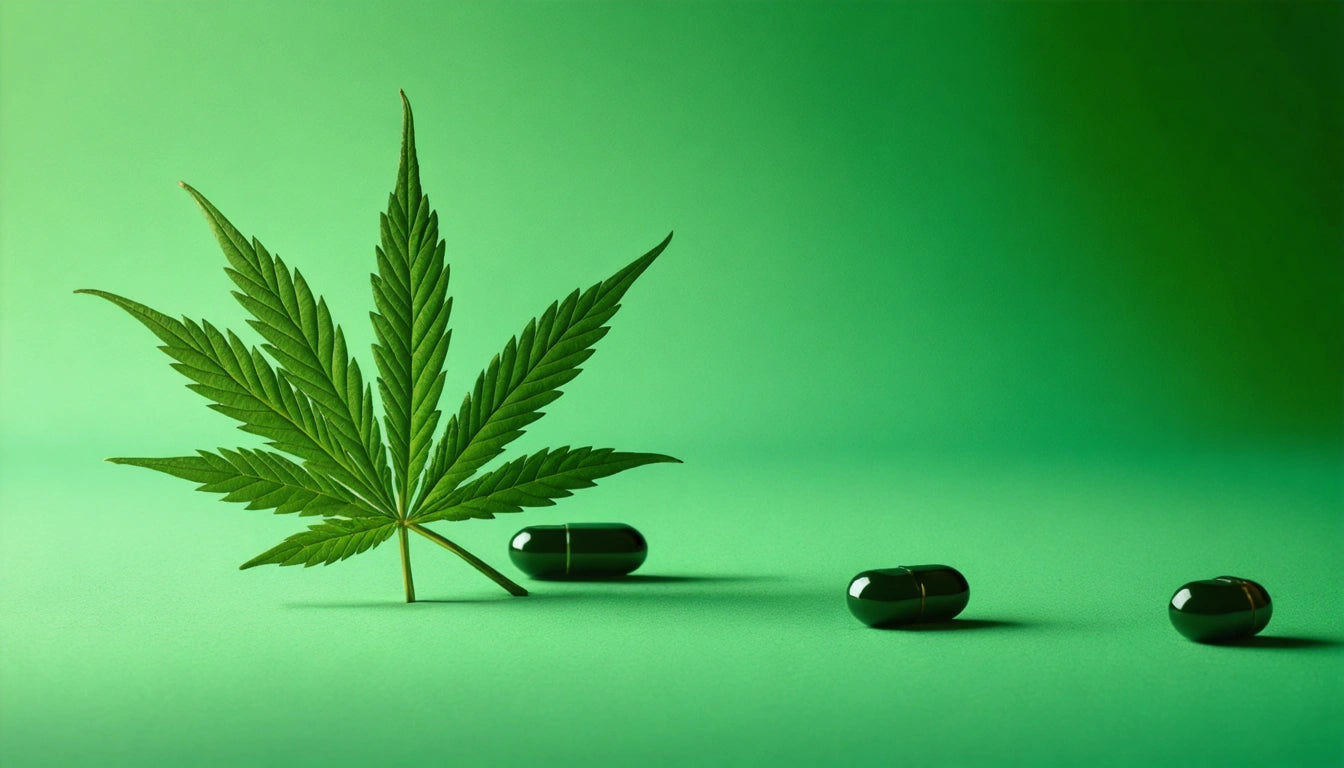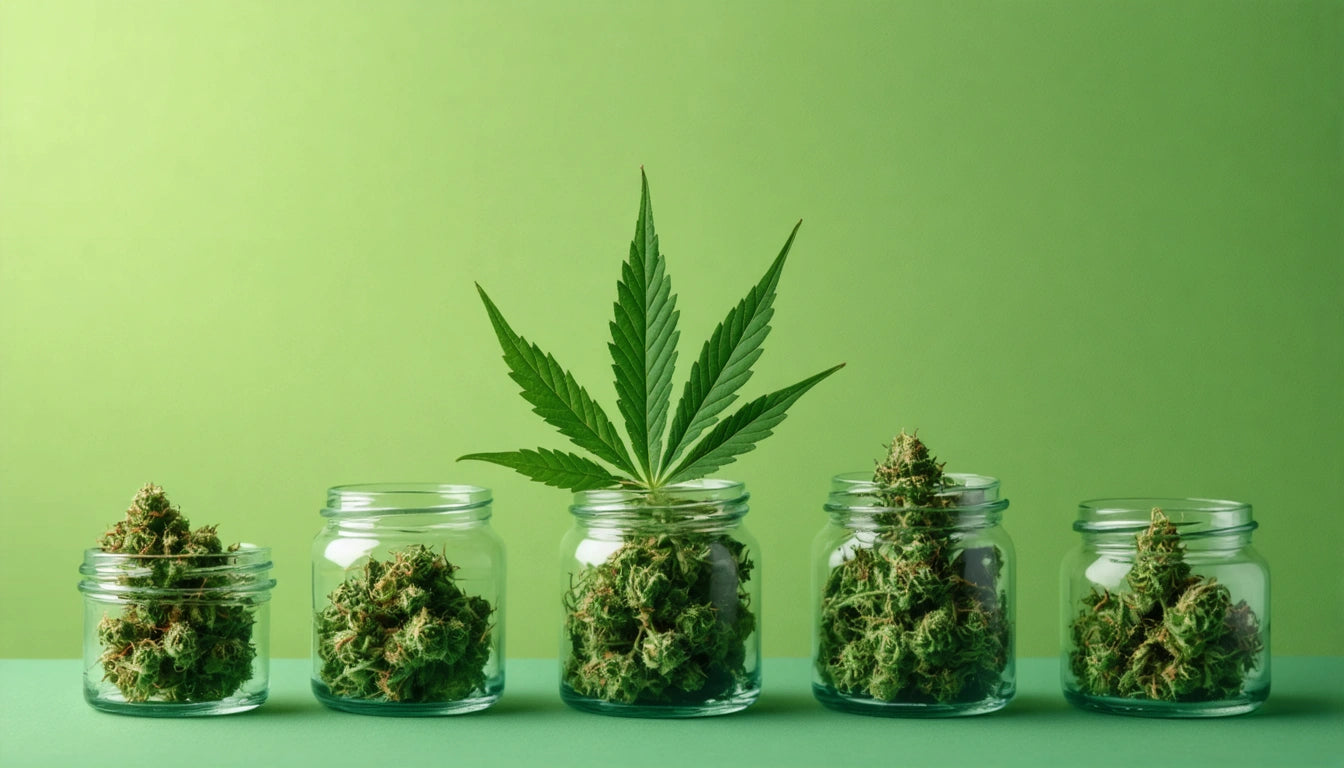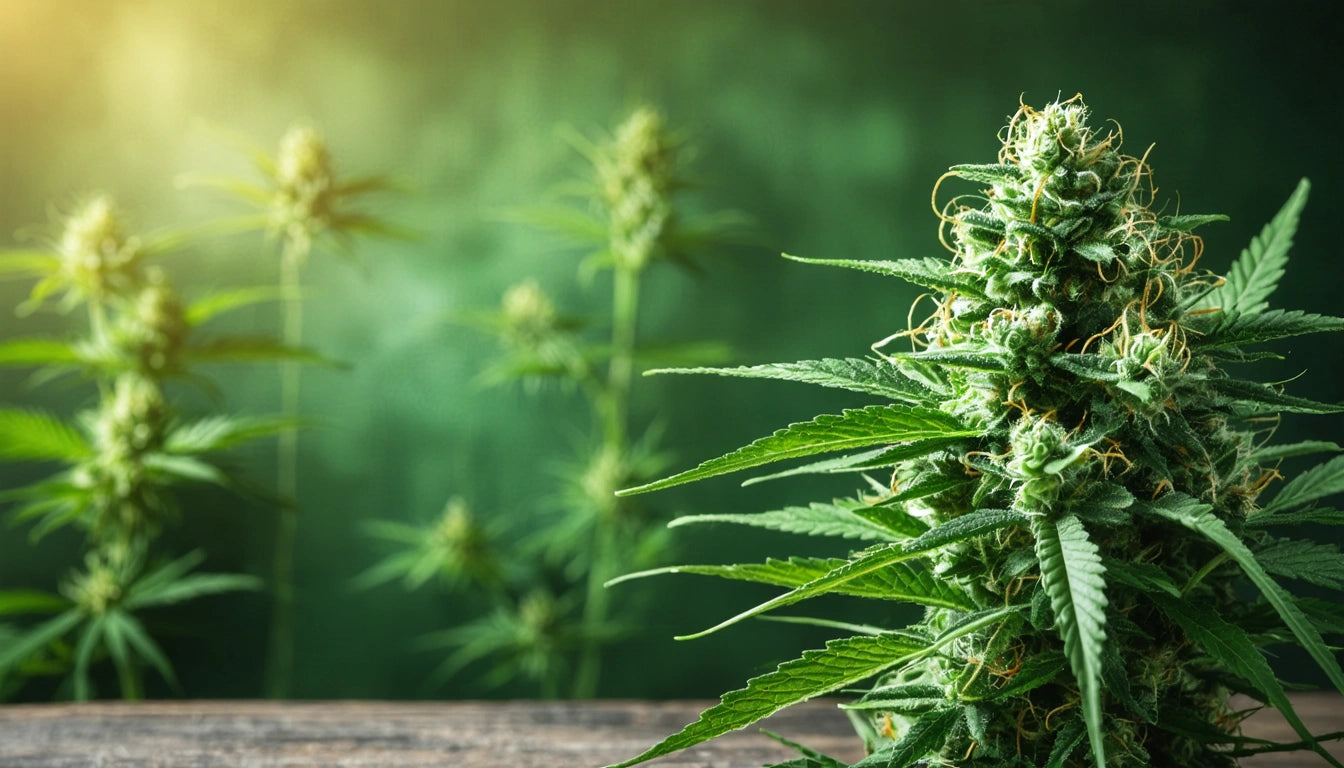Table of Contents
- What is THCP: Understanding This Potent Cannabinoid
- Duration of THCP Effects: How Long Does THCP Last?
- Factors Affecting How Long THCP Lasts in Your System
- THCP Detection Windows: Testing and Timeframes
- THCP vs. THC: Comparing Duration and Detection
- Safe Consumption Practices and Storage Considerations
Understanding THCP: Duration and Presence in Your System
THCP (tetrahydrocannabiphorol) has emerged as one of the most intriguing cannabinoids in recent research, particularly due to its significantly higher potency compared to traditional THC. As consumers and medical patients explore this compound, questions about how long THCP lasts and remains detectable in the body have become increasingly common. This guide explores the duration of THCP effects and detection windows to help users make informed decisions.
What is THCP: Understanding This Potent Cannabinoid
THCP is a naturally occurring phytocannabinoid discovered in 2019. Research suggests it may be up to 33 times more active at cannabinoid receptors than traditional delta-9 THC. This increased binding affinity translates to potentially stronger and longer-lasting effects, even at lower doses. For a comprehensive breakdown of THCP's potency and effects, this detailed guide provides valuable insights.
Duration of THCP Effects: How Long Does THCP Last?
The psychoactive and therapeutic effects of THCP typically last longer than conventional THC due to its stronger receptor binding. Here's what users can generally expect:
- Initial onset: 15-45 minutes (when inhaled), 1-2 hours (when ingested)
- Peak effects: 2-4 hours
- Total duration: 4-8+ hours for most users
- Residual effects: May persist up to 12+ hours in some individuals
The extended duration of THCP effects compared to traditional THC means users should plan accordingly, especially for first-time experiences or when increasing dosage.
Factors Affecting How Long THCP Lasts in Your System
Metabolism and Body Composition
Individual metabolic rates significantly impact how long THCP stays in your system. Those with faster metabolisms generally process and eliminate cannabinoids more quickly. Body composition also plays a role, as cannabinoids are fat-soluble and can be stored in fat cells, potentially extending detection windows in individuals with higher body fat percentages.
Consumption Method and Dosage
The method of consumption directly affects both the onset and duration of THCP effects:
- Inhalation (vaping/smoking): Faster onset but potentially shorter duration
- Oral consumption (edibles/tinctures): Slower onset but longer duration
- Sublingual administration: Moderate onset and duration
Higher doses naturally lead to longer detection periods. When using THCP products, proper storage is essential to maintain potency and safety. Many users opt for secure child-resistant containers with reliable caps to preserve product integrity while ensuring responsible storage.
Frequency of Use
Regular THCP users will likely retain metabolites in their system for longer periods compared to occasional users. This accumulation effect is similar to what's observed with other cannabinoids like traditional THC, as detailed in this resource on THC detection windows.
THCP Detection Windows: Testing and Timeframes
While specific research on THCP detection is still emerging, we can make educated estimates based on what we know about similar cannabinoids:
- Urine tests: Potentially 3-30+ days (depending on usage patterns)
- Blood tests: Approximately 1-7 days
- Saliva tests: Roughly 1-3 days
- Hair tests: Up to 90 days or more
It's important to note that many standard drug tests don't specifically target THCP but rather look for THC metabolites. However, THCP may produce similar metabolites that could trigger positive results. The detection window for THCA, another cannabinoid, is discussed in this informative article.
THCP vs. THC: Comparing Duration and Detection
THCP generally has a longer duration of effects compared to traditional THC. While THC effects typically last 2-6 hours as outlined in this duration guide, THCP effects can persist for 4-8+ hours or longer.
Similarly, detection windows may be extended for THCP due to its higher potency and stronger receptor binding. The metabolic pathways for processing THCP are believed to be similar to those for THC, but the increased potency may result in detectable metabolites remaining in the system for longer periods.
Tolerance Considerations
Due to THCP's increased potency, tolerance may develop more quickly than with traditional THC. This could affect both the subjective experience of how long THCP lasts and potentially how long it remains detectable. For those concerned about tolerance buildup, this guide on resetting THC tolerance offers strategies that may also apply to THCP users.
Safe Consumption Practices and Storage Considerations
Given THCP's potency and extended duration, responsible use is paramount:
- Start with minimal doses (much lower than standard THC doses)
- Allow sufficient time between doses to gauge effects
- Avoid driving or operating machinery for at least 8-12 hours after consumption
- Store products securely away from children and pets
- Keep usage logs to track personal response patterns
The extended presence of THCP in your system means planning ahead is essential, particularly for those subject to drug testing or who need to maintain clear cognitive function for work or other responsibilities.
As research into THCP continues to evolve, our understanding of its duration and detection will become more refined. For now, consumers should approach this potent cannabinoid with appropriate caution, respecting its significantly stronger effects and potentially longer presence in the body compared to more familiar cannabis compounds.











Leave a comment
All comments are moderated before being published.
This site is protected by hCaptcha and the hCaptcha Privacy Policy and Terms of Service apply.